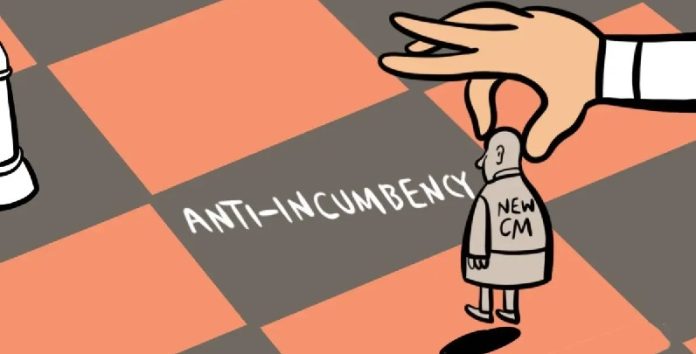- The country is quite aware of how elections to democratic institutions are carried out. People interested in political activities around the country would be fascinated in understanding how the leadership of every party goes about handling the entire process but largely focuses on returning/assuming power. One of the most crucial aspects of the election process is to identify the winning candidates for different levels of constitutional positions. Ideally speaking, the winnability quotient of a candidate should be the sole criterion to issue a ticket to fight any election. However, the Indian political scenario is unique in that, the caste equation and other aspects essays an extremely crucial role in determining who eventually contests the election.

PC: MUNEEB RASHID MALIK
- However, there are exceptions to this often-practiced norm when a party like the Bharatiya Janata Party traverses a different path altogether. The reason is the strong leadership at the top that ensures such moves are diligently followed without too much of a murmur. That cannot be said about other parties though. Thus, a standout feature of the BJP’s approach to elections is its clinical analysis of the winnability prospects of sitting legislators. Take for instance the BJP dropping over 30 sitting MLAs in Gujarat as well as repeating only 149 of 312 UP MLAs this year from the 2017 victory. This move has unnerved Karnataka legislators who will be facing the election next year. Indeed, this is good practice and should be followed by other parties too.
- We know many MLAs are poor performers and since they contest on a party symbol, the party owes accountability to voters to not field the same candidate again. It also helps distance the party from local anti-incumbency against the candidate. But dynasty and nepotism are common factors in Indian politics that cannot be wished away. However, parties with strong leadership are generally able to pull this off. In 2021, CPM had dropped 38 sitting MLAs in Kerala. In 2020, AAP dropped 15 Delhi MLAs. Congress, in contrast, generally rewards its legislative contingents with repeat tickets. Its fear of rebellions is manifold higher: Congress’s big leaders are unable to deliver votes unlike BJP in the Modi era, and so MLAs have greater bargaining power.

PC: B.PAC
- Demanding accountability from MLAs is worth institutionalizing. Parties should compile reports or ask representatives to furnish reports on MLA-LAD scheme fund utilization, participation in the district planning committee, and other local body meetings, influence on legislative business, and various developmental outcomes in their constituency. Some parties also do constituency surveys. Inarguably, Indian parties could certainly do with more professionalism and better appraisal systems. Awarding tickets to qualified individuals serves the party and the country better. Did someone mention this could also induce better-qualified citizens to join politics? It’s too farstretched as of now. Maybe, a few years down the line. No harm in hoping, you see.






